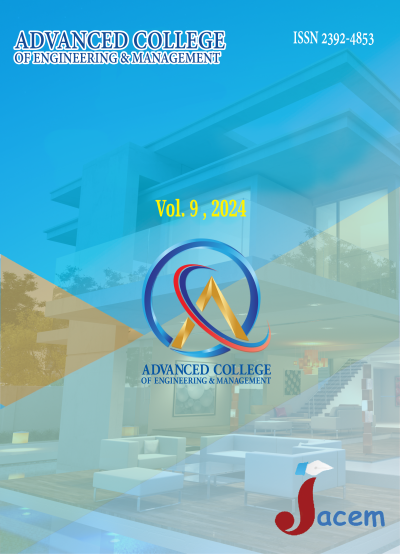Implications of Net-zero Emission Strategy for Residential Sector of Bagmati Province
DOI:
https://doi.org/10.3126/jacem.v9i1.71447Keywords:
LEAP, NetZero, Emission, Social CostAbstract
With the growing concern of the rise in global temperatures, and in support of the Paris Climate Agreement, countries around the world have set national targets to cut down their emissions. The government of Nepal too has pledged to achieve net zero emissions by year 2045 and put into effect several plans and policies. These has their effect on the country’s energy demand and economy. Using Bagmati province of the country as study area, energy demand and scenario analysis is conducted using LEAP framework. One business-as-usual (BAU) and two net zero scenarios are analysed, with existing (NZE) and additional measures (NZA). The energy demand, emissions, social costs of the scenarios are studied. Significant emission reductions are estimated in NZE scenario. However, existing measures alone are not found to be sufficient to achieve the targets. In terms of social costs, considerable benefits are estimated in implementing these scenarios.
Downloads
Downloads
Published
How to Cite
Issue
Section
License
JACEM reserves the copyright for the published papers. Author will have right to use content of the published paper in part or in full for their own work.




